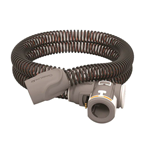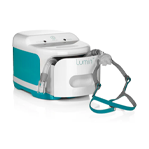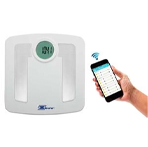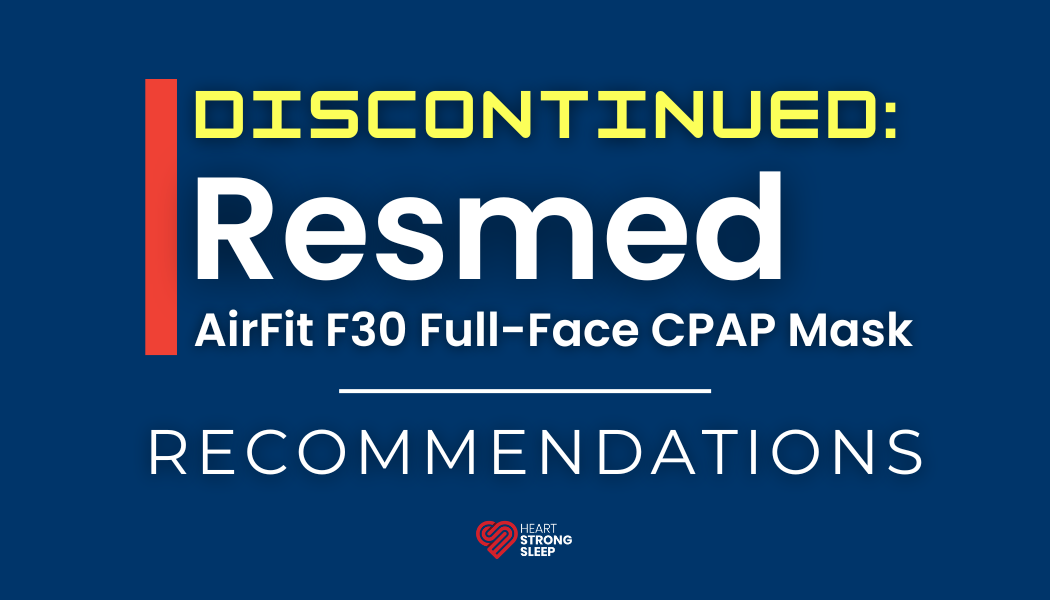Findings from a recent study show that patients with untreated, moderate to severe obstructive sleep apnea had a higher risk of experiencing a cardiovascular event, but the risk of incident heart problems was decreased in those who used CPAP therapy.
Results show that people with moderate to severe sleep apnea and no record of CPAP use were 71% more likely than those without sleep apnea to experience incident myocardial infarction, stroke, unstable angina, heart failure, or cardiovascular death. Compared with the risk of heart problems in people with untreated sleep apnea, the risk of experiencing a cardiovascular event was 32% lower in patients with any severity of sleep apnea who used CPAP therapy, and it was 44% lower in those with moderate to severe sleep apnea who used CPAP.
“Our study contributes to understanding the role of CPAP therapy for cardiovascular risk prevention,” says lead author Diego R. Mazzotti, who has a doctorate in psychobiology and is an assistant professor in the division of medical informatics in the department of internal medicine at the University of Kansas Medical Center, in a release. “We found the effects of CPAP were stronger in patients with moderate to severe sleep apnea, as well as in patients who used CPAP, on average, greater than 4 hours per night.”
The researchers analyzed the electronic health records of patients who received a sleep study between January 2018 and September 2020 through the Kaiser Permanente Southern California health system. The sample comprised 11,145 people without sleep apnea, 13,898 patients with sleep apnea and a record of any CPAP use, and 20,884 patients with sleep apnea and no record of CPAP use. To be eligible for the analysis, patients had to be free of cardiovascular disease for one year prior to their sleep apnea diagnosis. Results were adjusted for baseline age, sex, body mass index, race/ethnicity, comorbidities, and use of anti-hypertensives and lipid-lowering medications. The median follow-up period was 262 days.
“Our study, while observational, suggests that clinical trials focused on understanding how to sustain long-term CPAP adherence in obstructive sleep apnea patients are necessary and could be critical for optimizing comorbidity risk reduction,” Mazzotti says.
The study is a multi-site collaboration between Kaiser Permanente Southern California (led by Jiaxiao Shi, PhD, lead regional research statistician, and Dennis Hwang, MD, medical director of sleep medicine) and the University of Pennsylvania School of Nursing (led by Amy Sawyer, PhD, RN, associate professor of sleep & health behavior).
The research abstract was published recently in an online supplement of the journal Sleep and presented as a poster at Virtual SLEEP 2021.

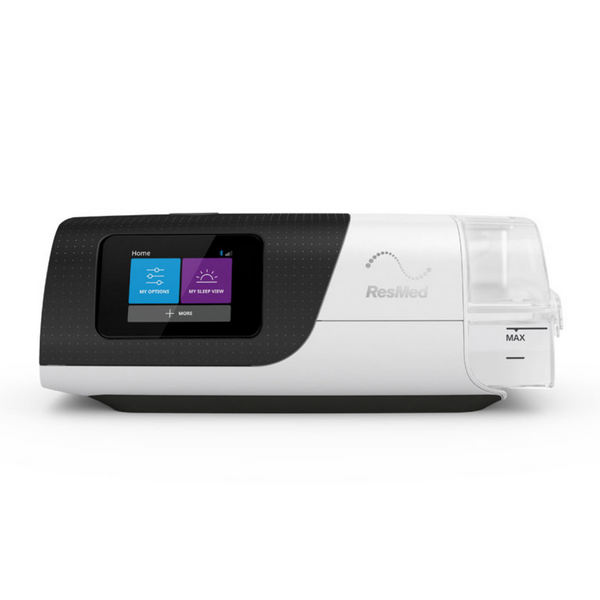
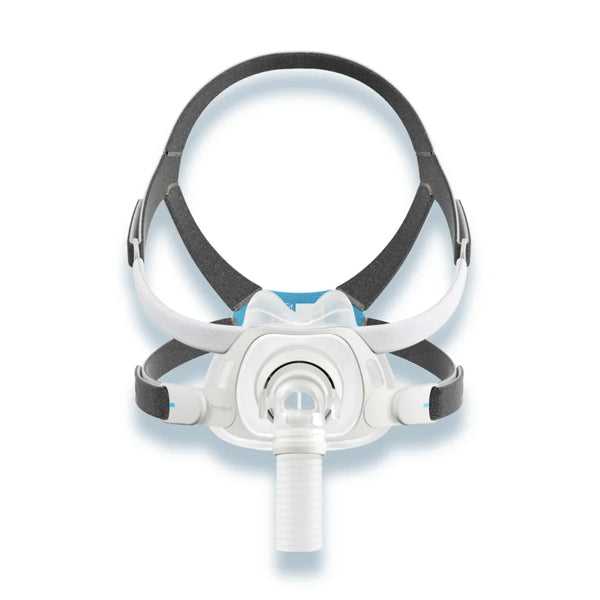
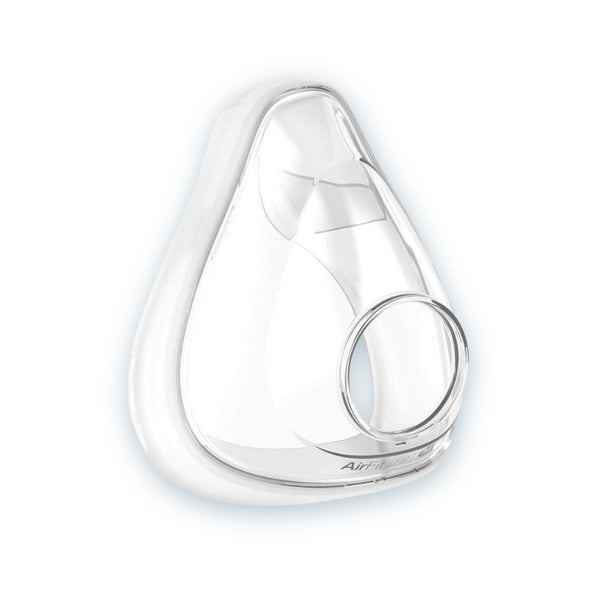
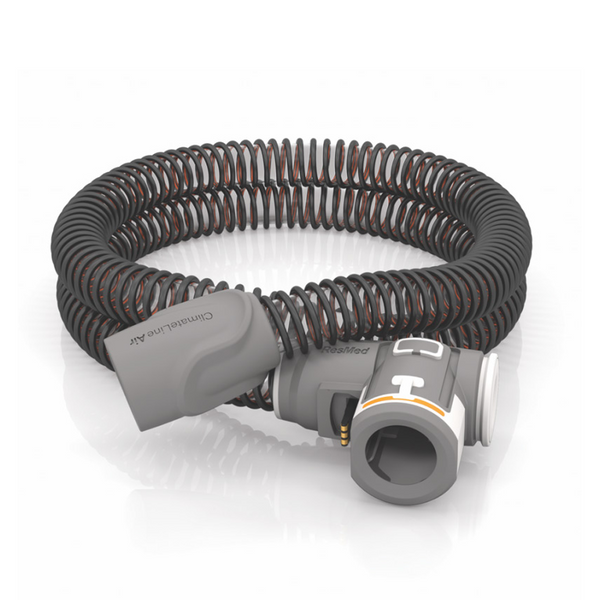




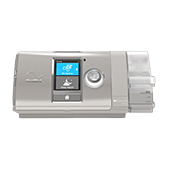
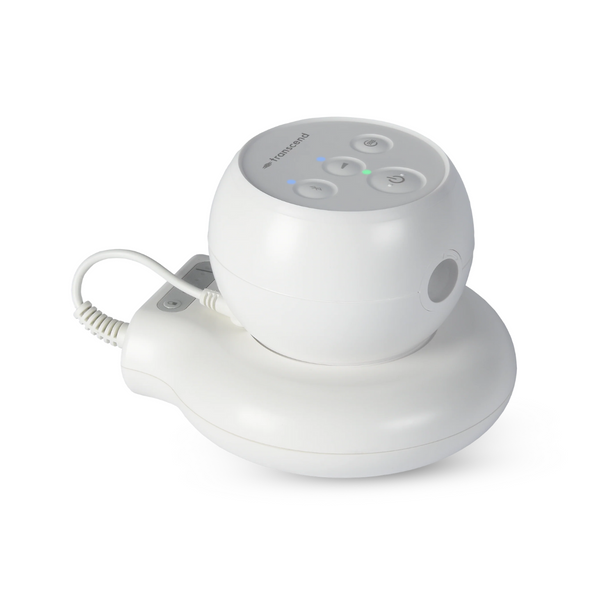

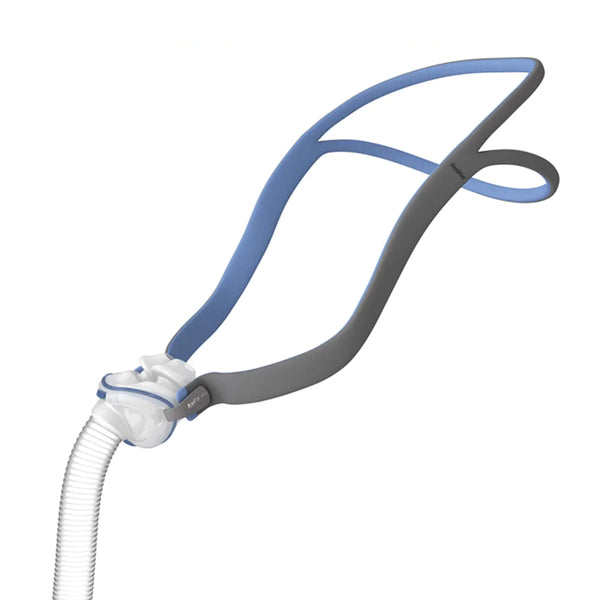
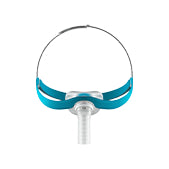
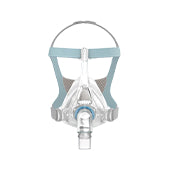
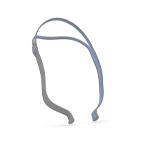


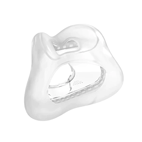
![[subscription]](http://heartstrongsleep.com/cdn/shop/files/Group_30_6a2ee5b7-7d1a-49f1-855d-428a7cb5358f.png?v=1733846466&width=600)


